MOVE EV Asia 2021: Event recap
Fleet managers are focused on electric vehicles and sustainability in APAC.

By Joseph Chung
Apr 15, 2021
Updated: Jan 21, 2022
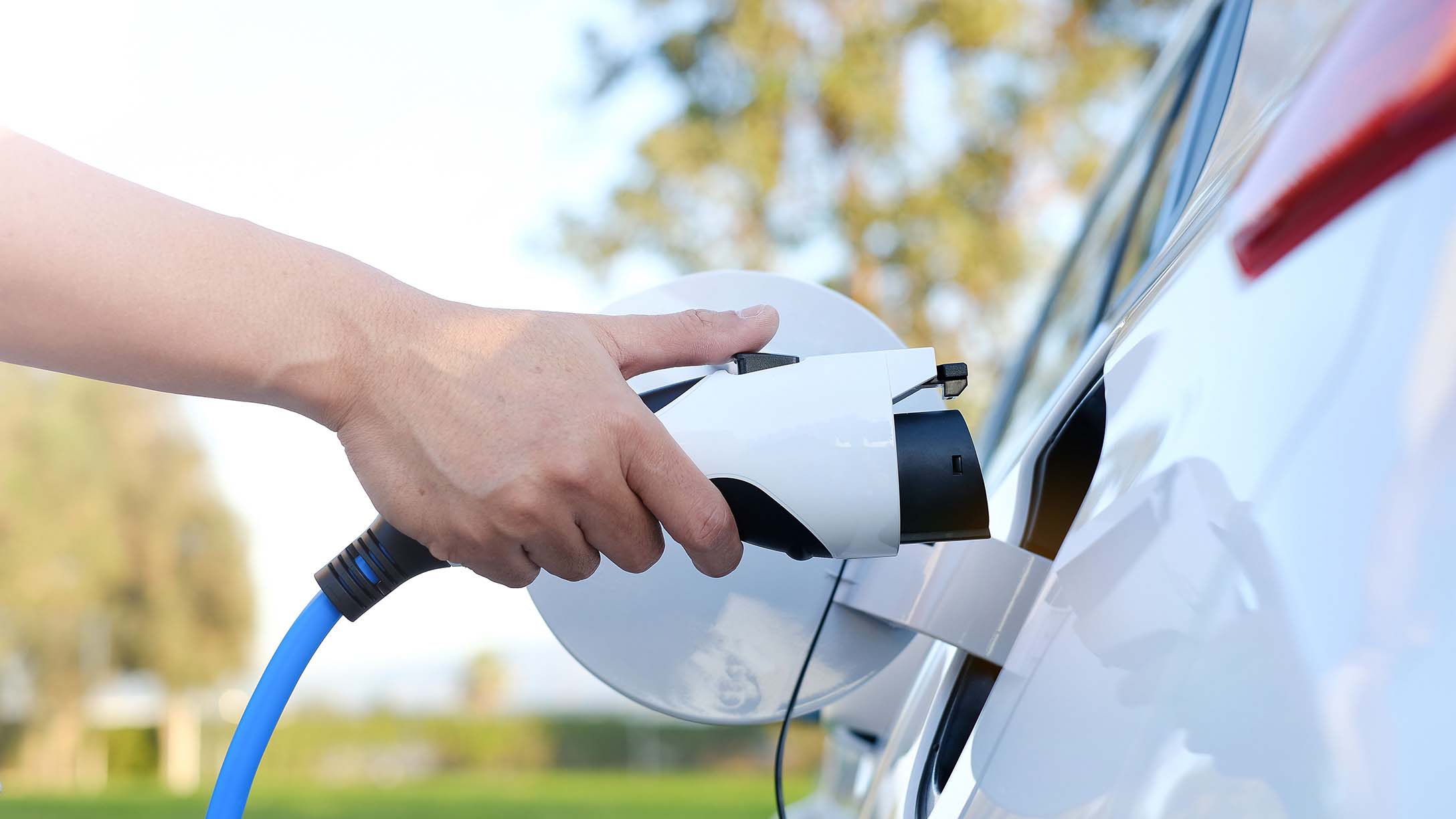
On March 10, 2021, MOVE EV Asia 2021 hosted the first-ever virtual, one-day event focused on electric vehicles (EV) and charging infrastructure in the Asia-Pacific (APAC) region. This event allowed attendees to learn best practices for finding, selecting and implementing the right solutions for their fleet and to develop mobility business strategies.
The event also brought to light the importance of EVs in the APAC region. As markets in APAC continue to grow, investment in passenger EV is expected to reach $6 billion by 2030 with the adoption of new technologies toward electric mobility.
Geotab hosted two sessions at this virtual event focusing on advancing fleet electrification and powering connected vehicles in the APAC region.
See Also: Global telematics footprint expands in South East Asia
Overcoming barriers when going electric
David Brown, Channel Manager, Southeast Asia for Geotab, led an engaging panel session on advancing the electrification of the commercial fleet. In this session, he explained the importance of meeting fleet goals for CO2 emissions reduction in the new sustainable fleet era.
Brown also explained how telematics help companies get the intelligence and know-how to transition your fleet’s internal combustion engine vehicles (ICEs) to EVs.
Geotab’s Electric Vehicle Suitability Assessment
During his session, Brown discussed the power of choice at Geotab, which encourages fleet managers to make the choices that are right for their business with customizable solutions.
A great example of this is Geotab’s Electric Vehicle Suitability Assessment (EVSA). This assessment can help fleet owners discover which EVs are best suited to their fleet needs.
EVSA features include:
- Personalized make and model recommendations that take into consideration:
- EV availability in the local market
- EV performance in extreme weather conditions
- Financials related to procuring EVs
- Report on how much fleets can reduce CO2 emissions and fuel consumption
- Assessment of multiple electrification scenarios specific to their business
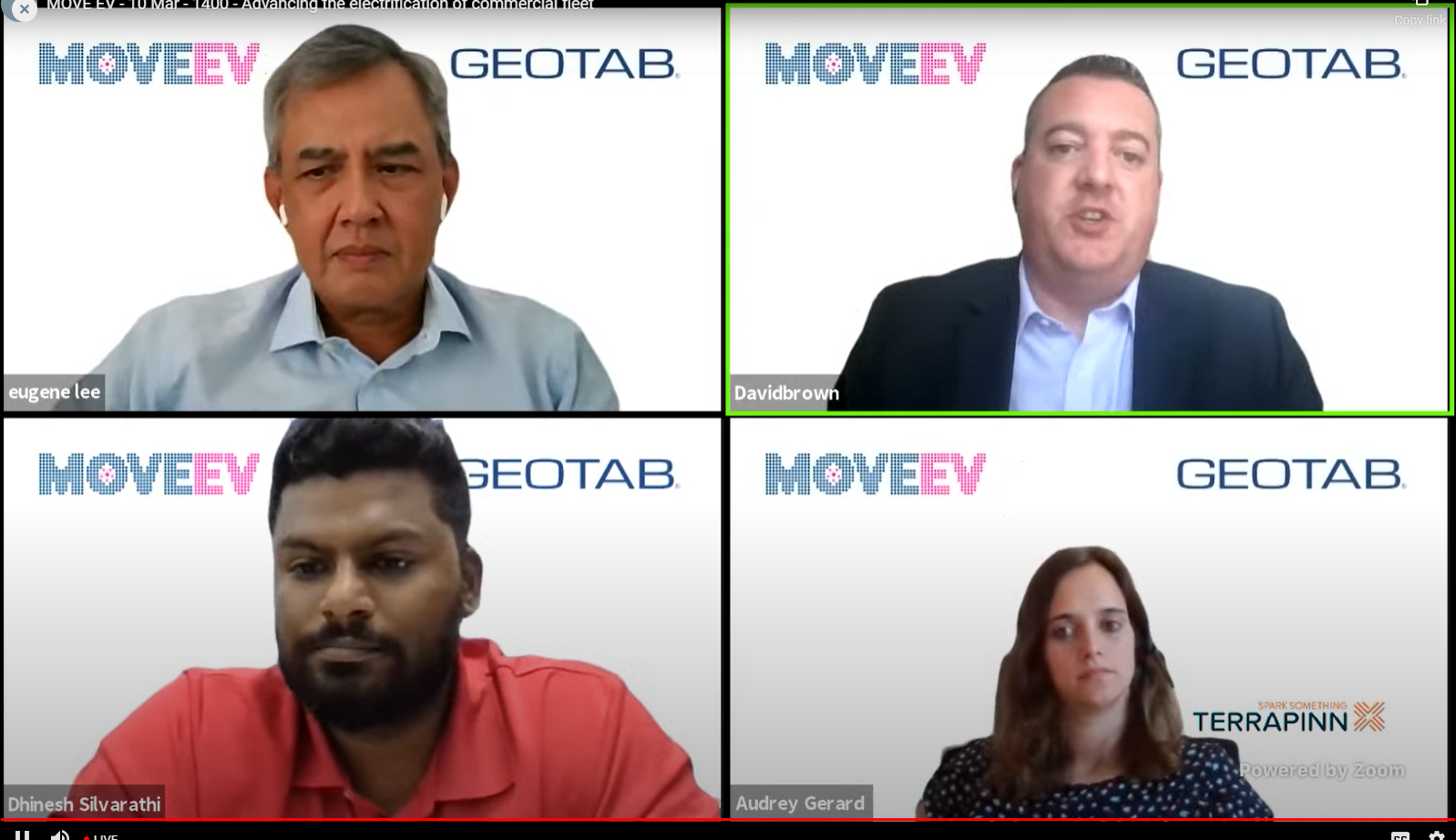
Figure 1: Virtual panel participants at the “Advancing the Electrification of the Commercial Fleet” session.
Brown also highlighted the effects of battery health including driving patterns and temperature.
Electric vehicle fleet management
Brown described the benefits that come with Geotab’s open platform solution, including:
- Support for the largest set of EV makes and models
- Fuel and EV energy usage report to compare fuel consumed versus energy consumed
- EV charging reports that show complete charging history, including when and where the vehicles are charging, the length of time the vehicles were charging at a specific location and how much of a charge they received
- EV Charge Assurance dashboard that provides a comprehensive overview of the charging status for all EVs
- Map functionality, including real-time data on battery charge percentage and charging status
- Custom and real-time notifications for charging status and battery charge percentage
To close the session, Brown noted that EV battery level monitoring is the most important aspect of EVs right now.
Breaking down the barriers to EV adoption
Deepak Kadambi, General Manager, South East Asia for Geotab, also hosted a session on how the fleet and mobility industry can better respond to the changing needs and expectations of decision-makers for EV fleet upgrades.
He noted that the biggest concerns and barriers to EV adoptions are:
- The high costs of charging infrastructure and facilities upgrades
- High starting purchase prices for EVs
- Lack of EV make and models variety to suit all use cases
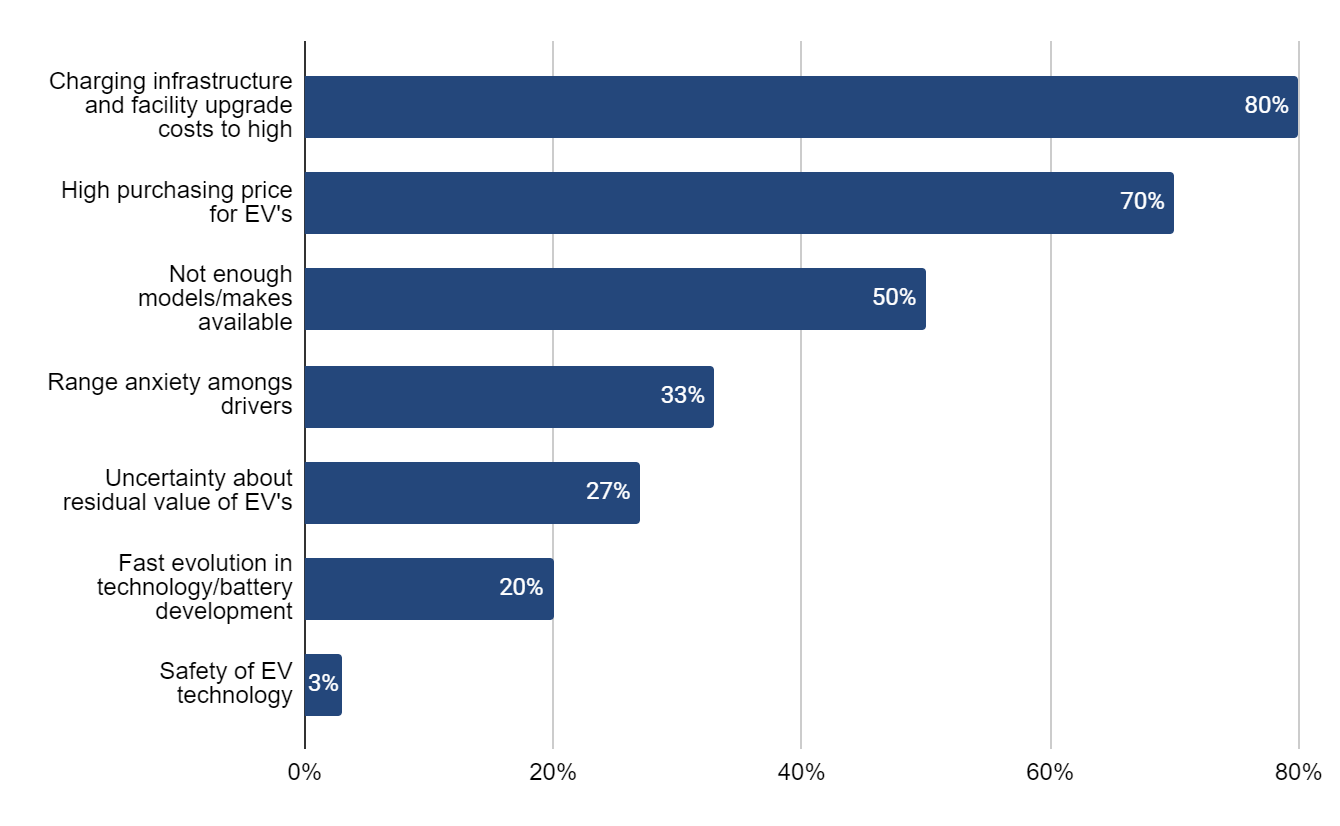
Figure 2: Top concerns of fleet decision-makers around EV expansion.
As Kadambi noted, all of these barriers are going to impact EV adoption. As the prices go down and EVs become more popular, more make and model will be developed to combat range anxiety and other EV adoption barriers. Over time, these barriers will become less of an issue and technology will advance to solve many of these concerns.
To watch Kadambi’s session, you can view the recorded session below:
What’s next for Geotab and APAC?
Geotab recently opened a new office in Singapore. To learn more about Geotab’s plans for APAC expansion, read: What’s next for telematics in Asia-Pacific?
Subscribe to get industry tips and insights

Joseph Chung is the Program Marketing Specialist for Geotab.
Table of Contents
Subscribe to get industry tips and insights
Related posts
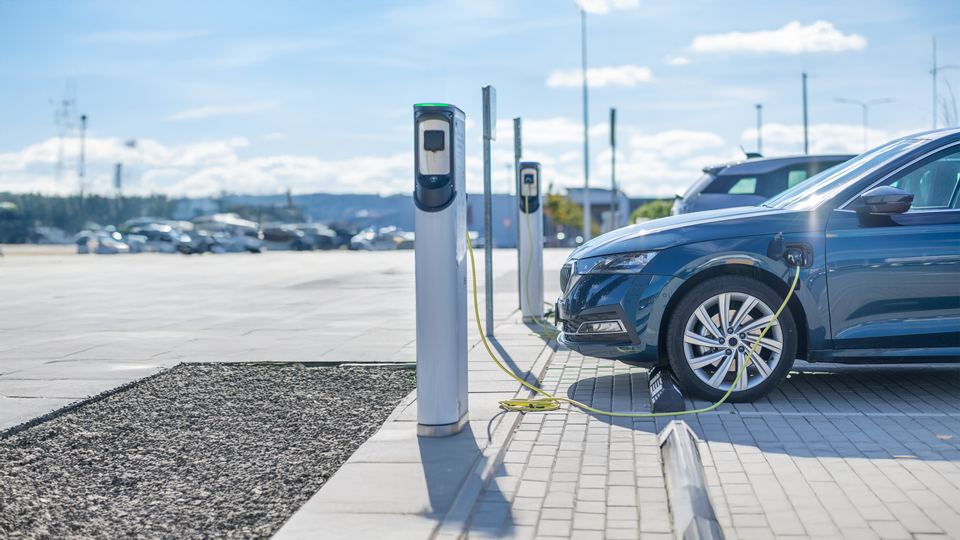
Beat the Heat: Easy Ways to Maximize Your EV Range This Summer
June 19, 2025
2 minute read
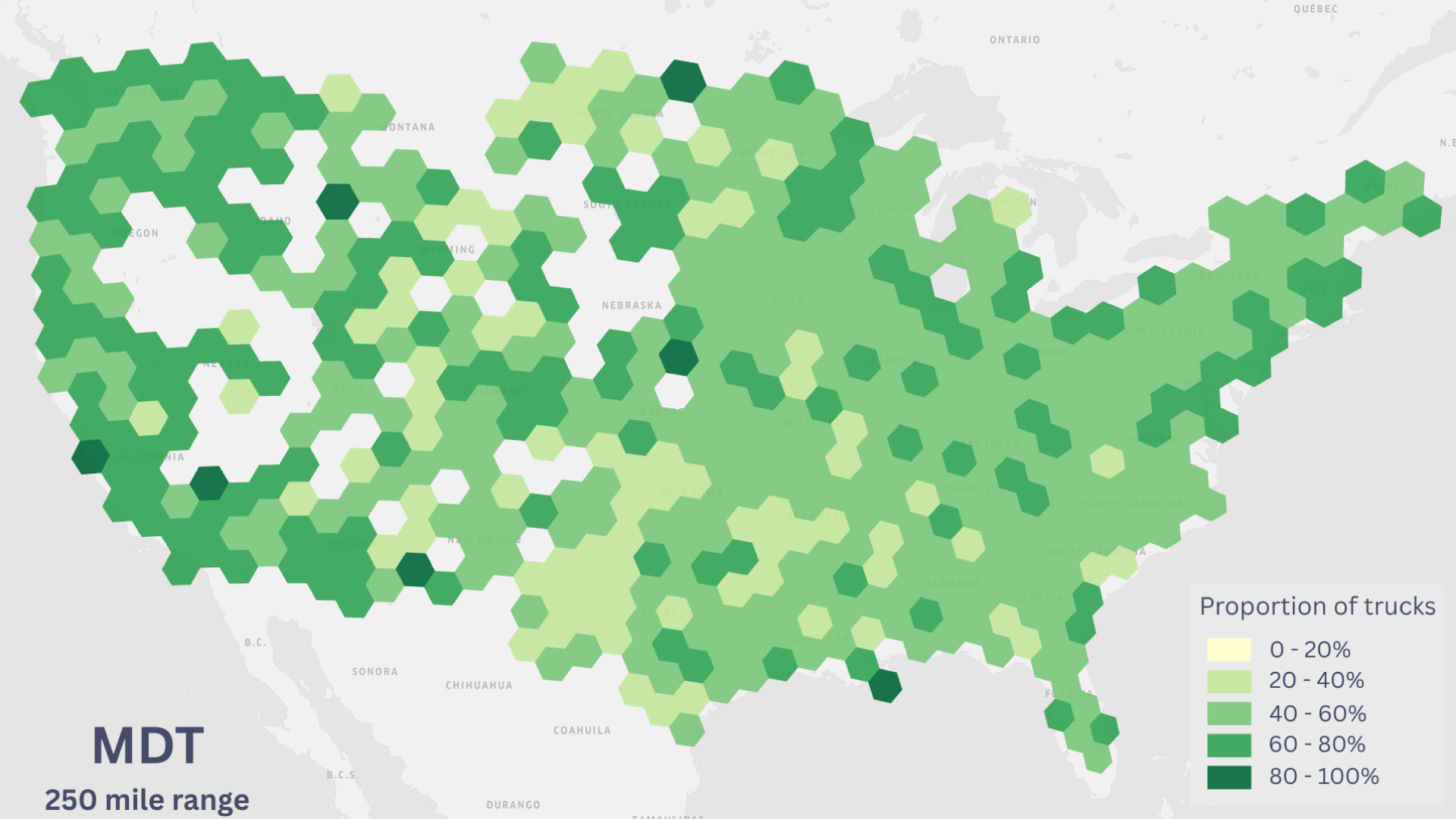
Charlotte Argue: Breaking down cost barriers for electric fleets
June 5, 2025
4 minute read
.jpg)
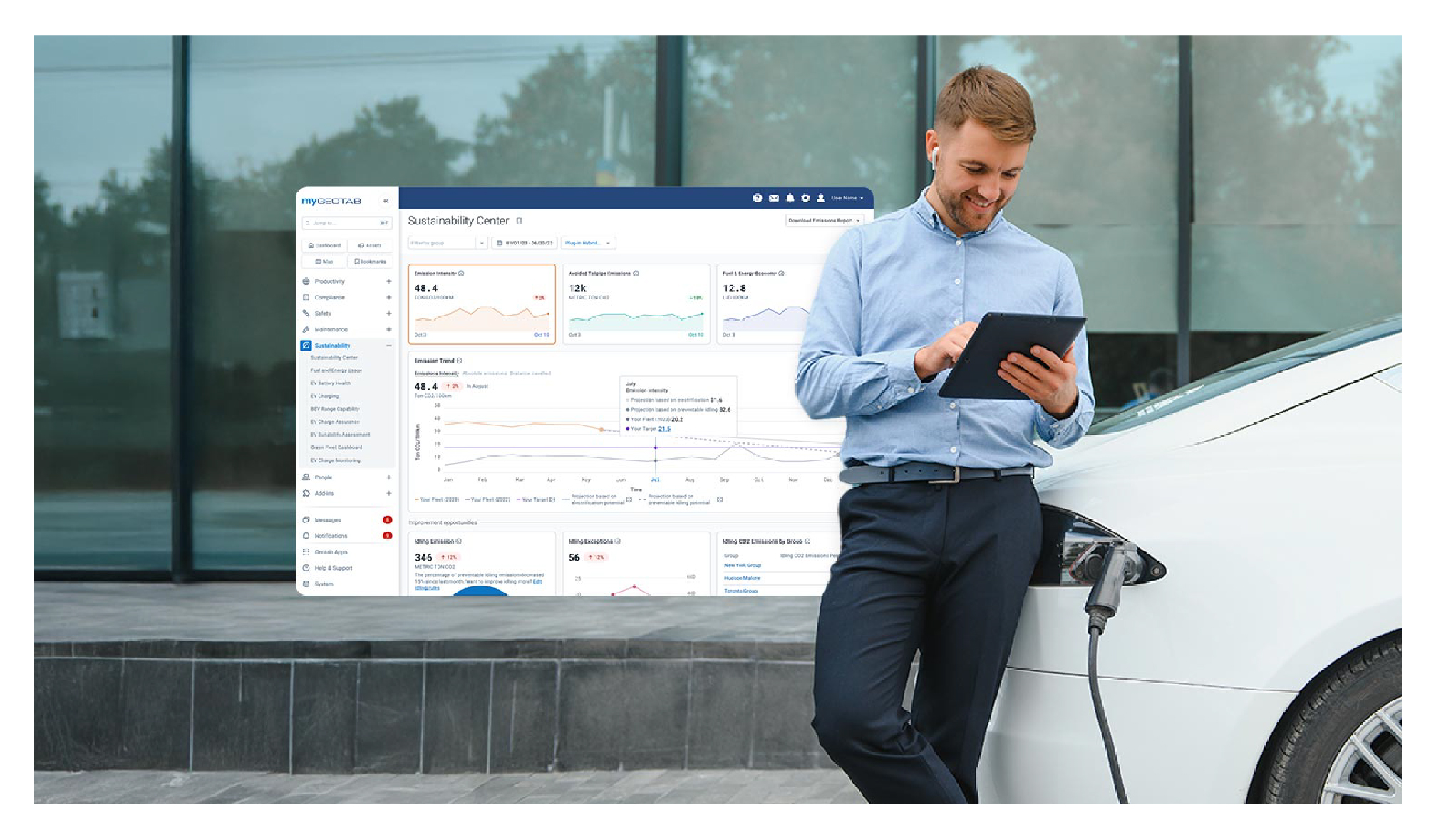
Geotab’s new fleet Sustainability Center simplifies fuel and emissions reduction
March 3, 2025
3 minute read
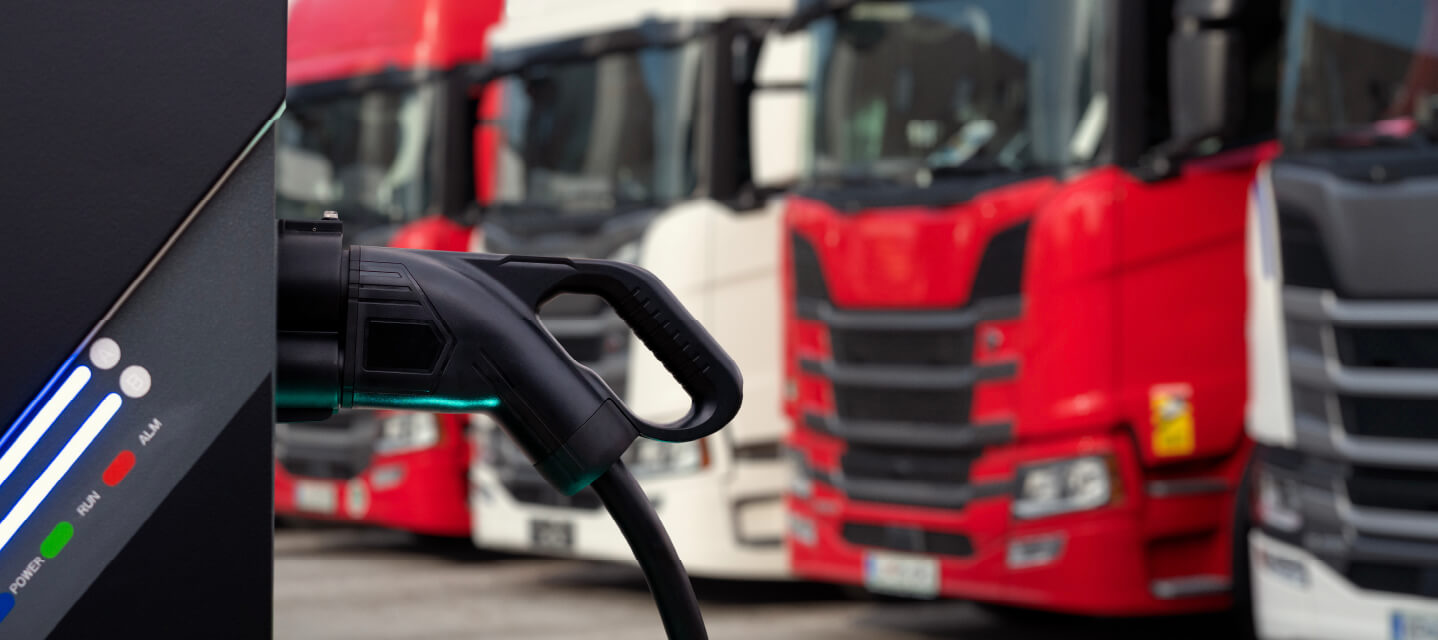
How long do electric car batteries last? What analyzing 10,000 EVs tells us…
January 20, 2025
9 minute read
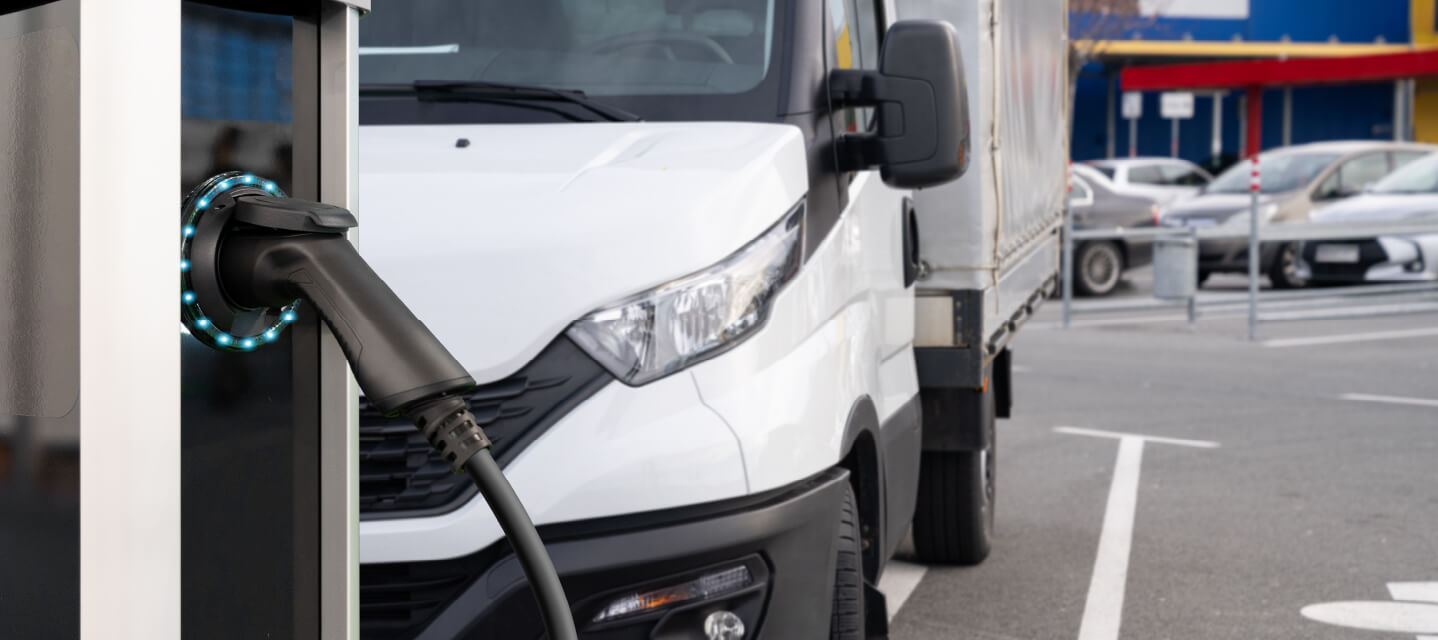
What is fleet electrification? (+ How to build a sustainable strategy)
January 13, 2025
4 minute read